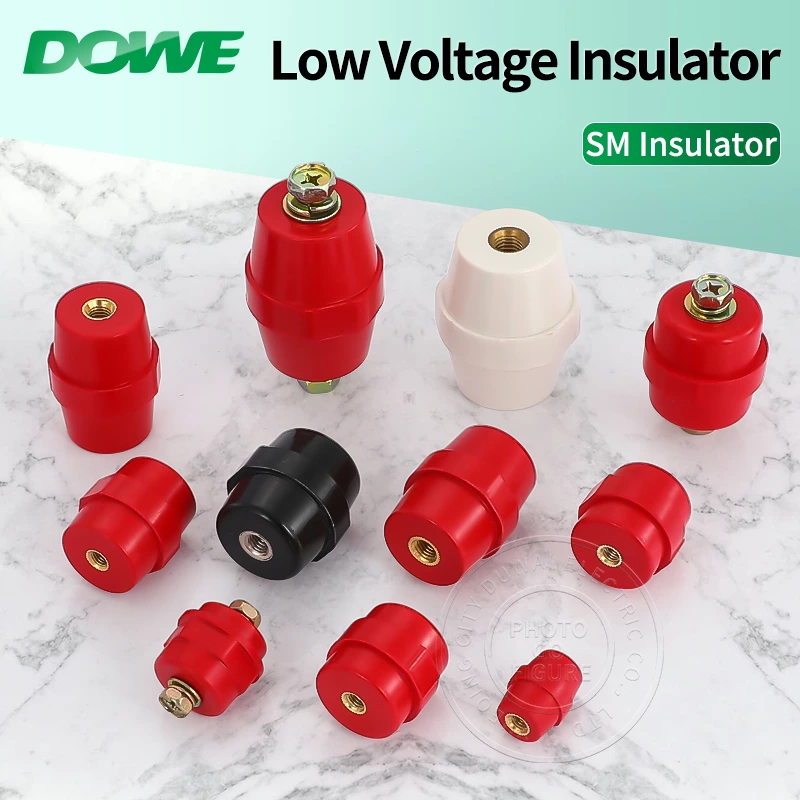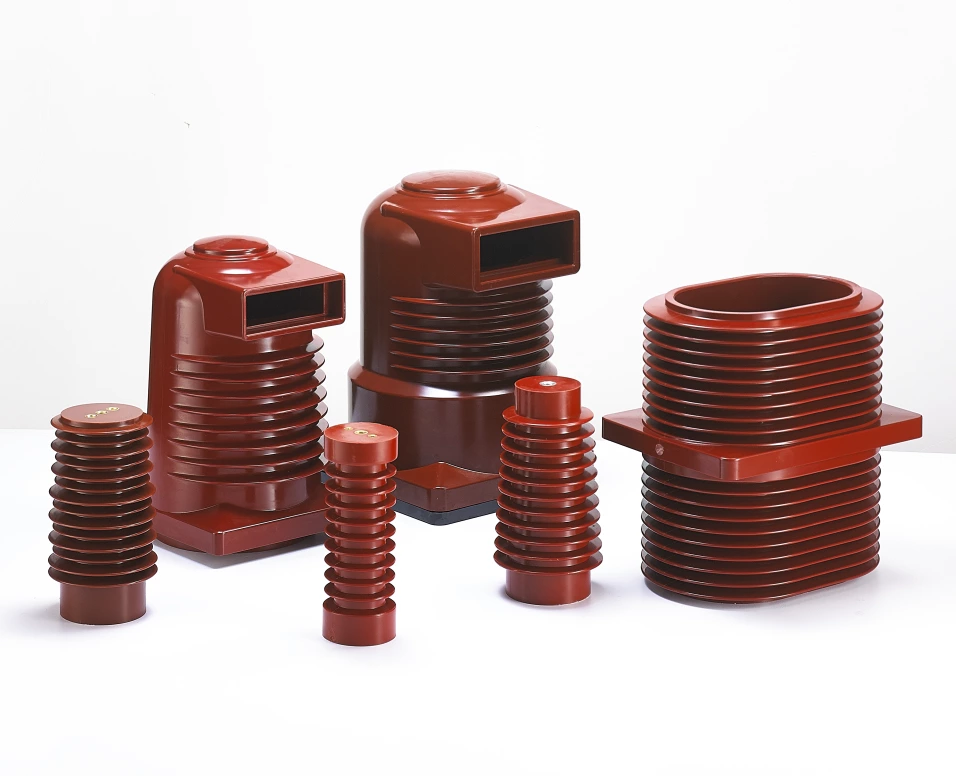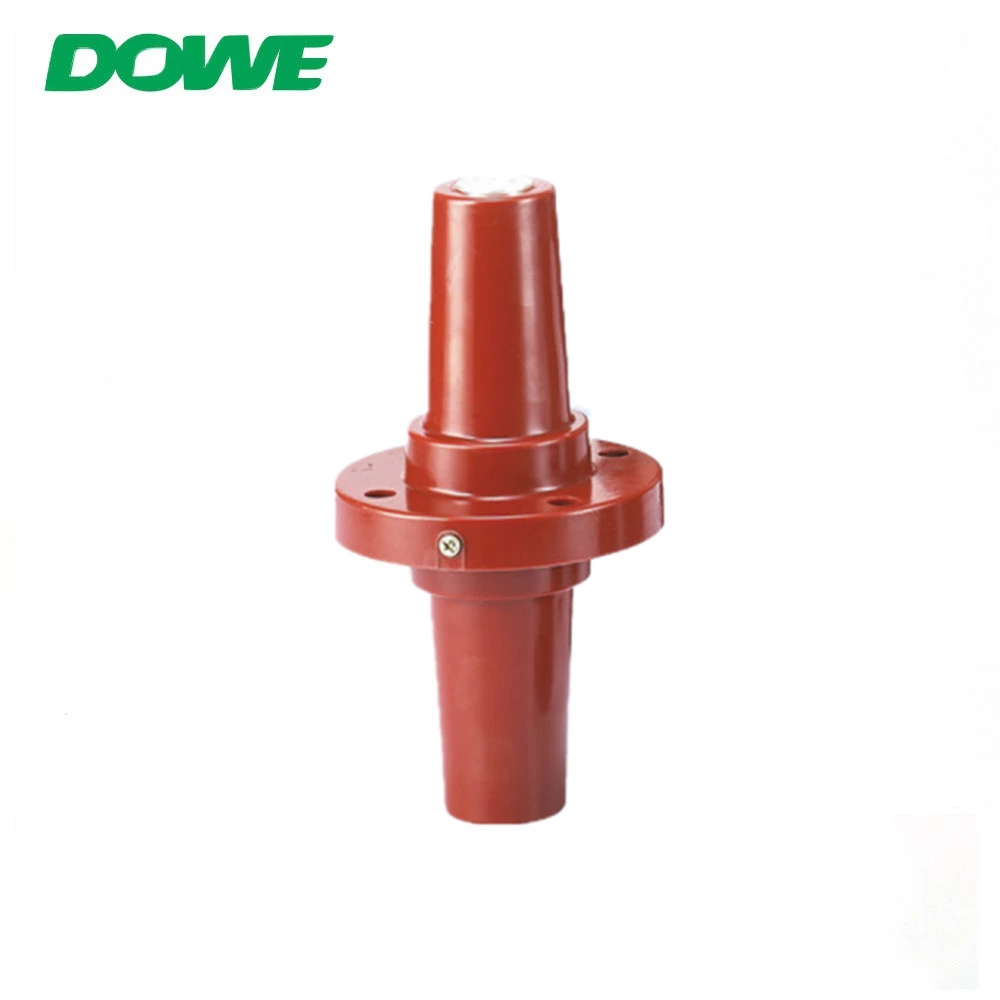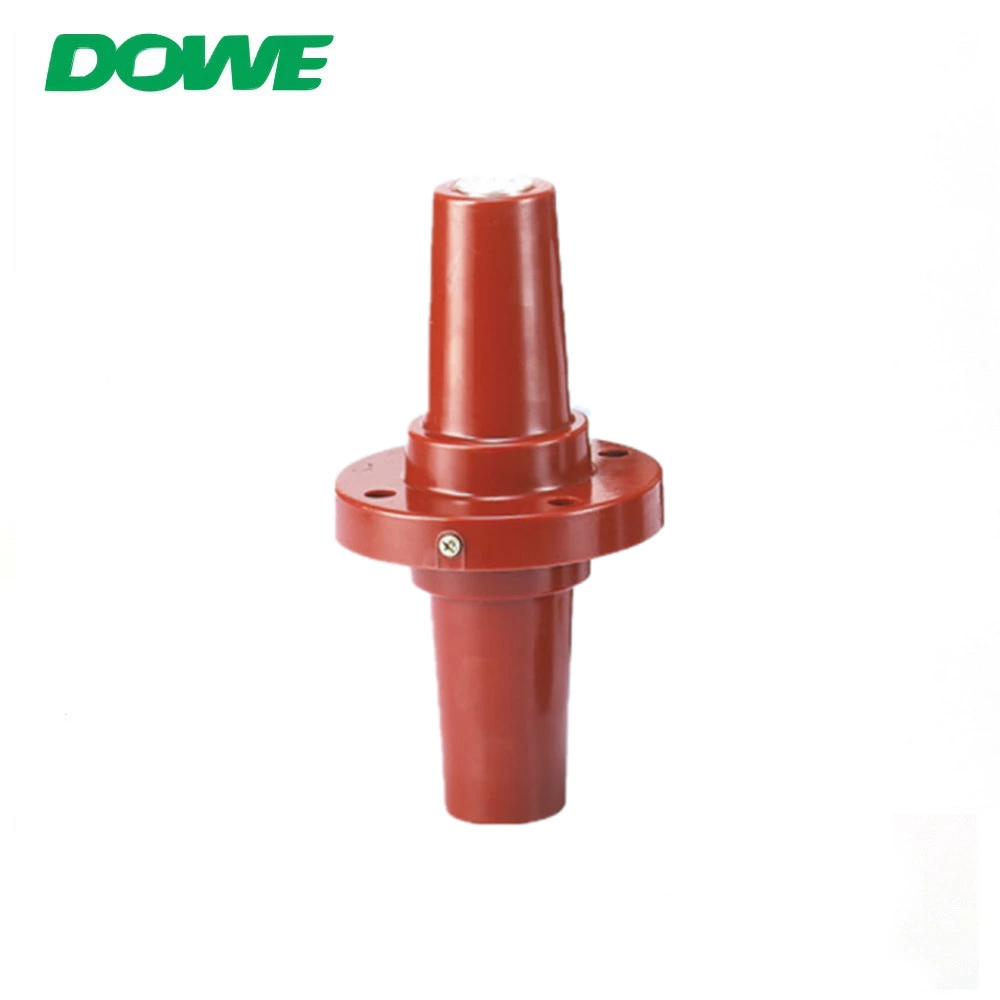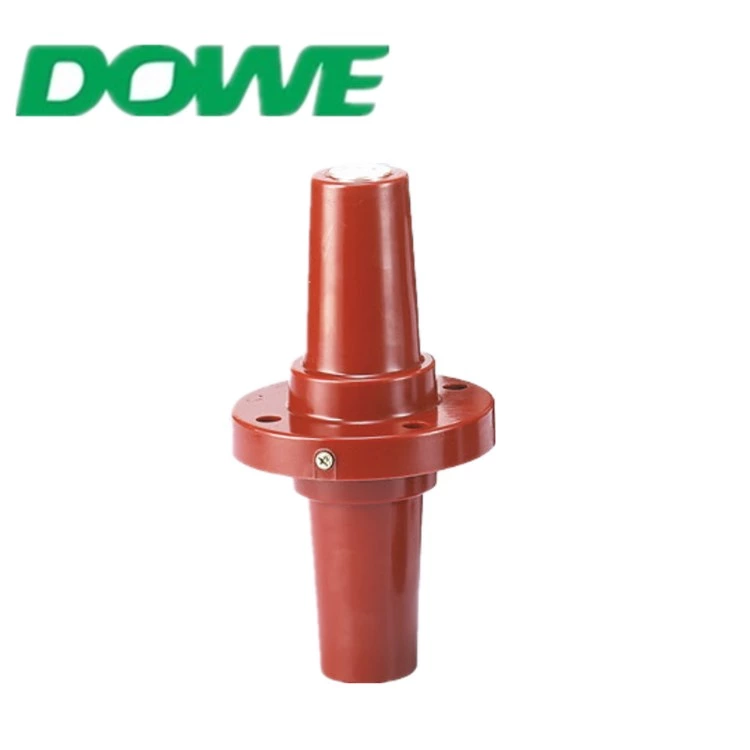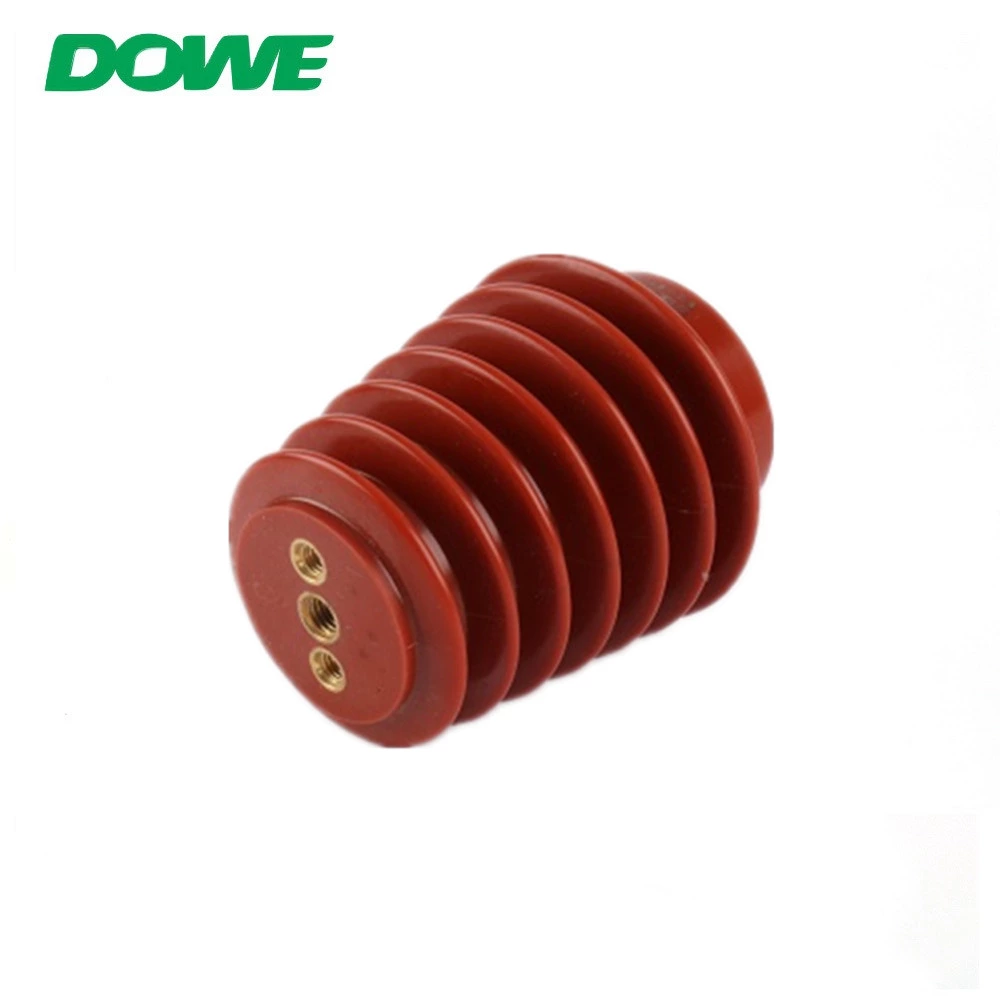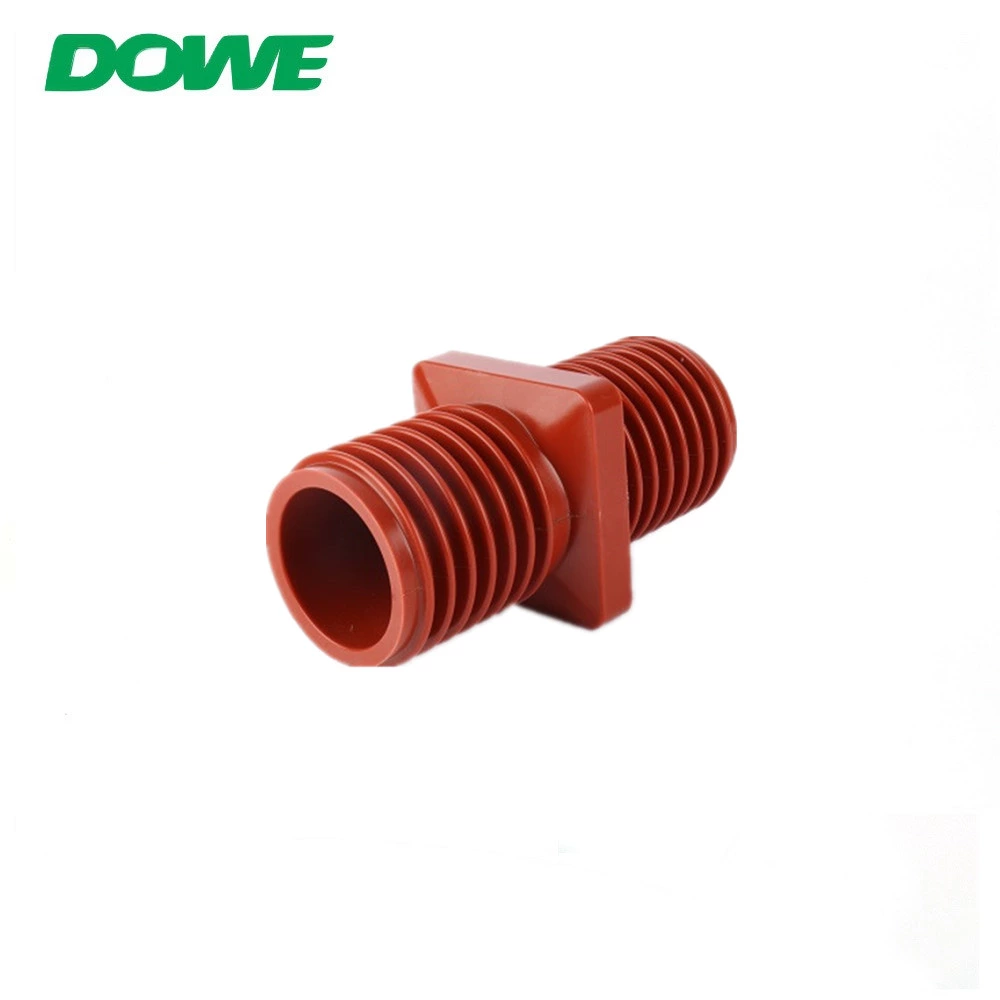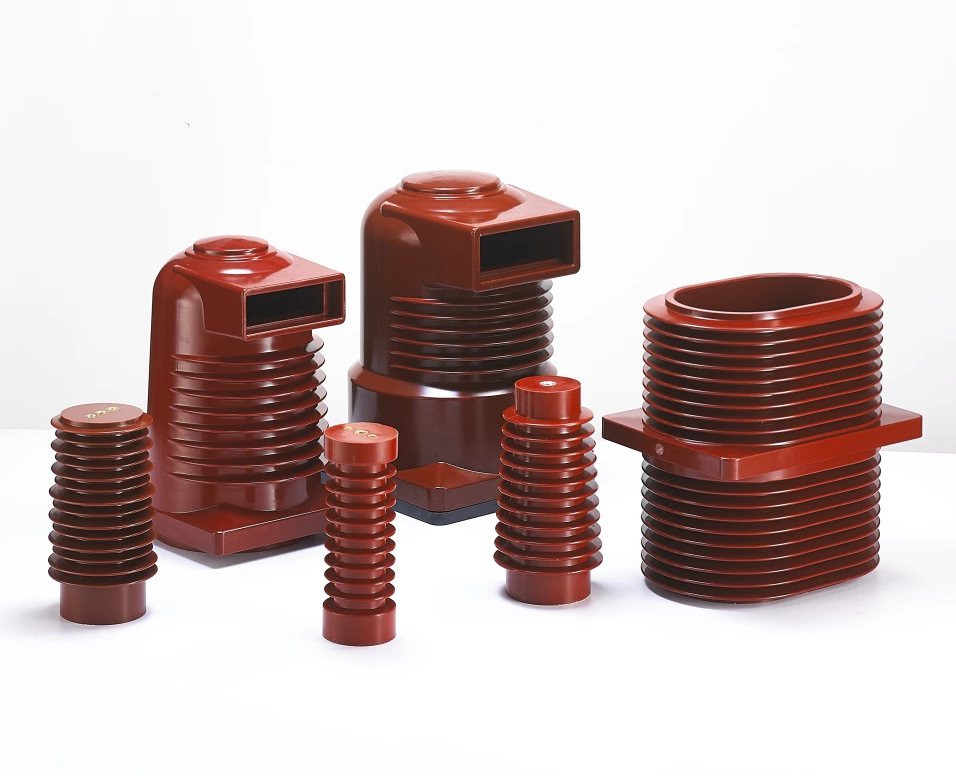How to Ensure Your Busbar Support Insulators Are Up to Global Certification Standards?

I get anxious when global standards seem confusing. I once lost a deal because my insulators lacked recognized certifications. Now, I take precise steps to ensure top-tier compliance.
Always confirm recognized quality marks, perform lab tests, and verify official documents. I rely on UL, CE, and ISO certifications1. Then, I double-check authenticity with thorough research and real-time checks to secure consistent compliance.
I recall a critical buyer who insisted on proof from day one. After I showed genuine certificates and test reports, he placed a large order. That moment taught me that certified products build trust faster.
[Table of Contents]
- Why Do Third-Party Lab Tests Matter for Busbar Insulators?
- Is Checking Supplier Credentials Worth Your Time?
- Additional Considerations for Insulator Safety?
- Conclusion
Why Do Third-Party Lab Tests Matter for Busbar Insulators?
I often see confusion about lab tests. I used to skip them and ended up facing buyer skepticism.
They matter because global markets demand verified performance. I trust dielectric strength tests2 to ensure insulation reliability under high voltage. That process helps me avoid guesswork and prove real quality.

I dig deeper by partnering with independent labs. They apply strict tests to validate my products. That kind of data protects my brand, DOWE, from any false claims.
Core Testing Methods
- Dielectric Strength Check
Confirms insulation under high voltage. - Thermal Shock Test
Assesses material resilience under rapid temperature changes.
Typical Test Results
| Test Name | Standard Used | Acceptable Range |
|---|---|---|
| Dielectric Strength | IEC 60112 | ≥18kV/mm |
| Temperature Endurance | UL 746B | 120°C – 150°C |
| Tracking Resistance | ASTM D2303 | CTI ≥ 600 |
These checks help me prove reliability for buyers in Europe, the Americas, the Middle East, and Southeast Asia. I see them as indispensable for a B2B wholesaler seeking long-term partnerships.
Is Checking Supplier Credentials Worth Your Time?
Buyers sometimes skip background checks. I never do. My early mistakes taught me to confirm every detail.
Yes, it saves time and money. I always review supplier credentials carefully3. That diligence prevents costly product returns and reputational damage. I see it as a crucial step for consistent supply.
I also confirm quick customization capabilities because I own many molds. Pranav from the United States needed specific technical drawings and sample testing. I gave him everything, which helped me earn a large order.
Additional Considerations for Insulator Safety?
I look at design, raw materials, and real-world feedback.
I test for mechanical strength, confirm global safety compliance4, and gather authentic user feedback. That makes sure my busbar support insulators meet strict requirements in diverse markets, reducing potential failures or returns.
I rely on careful material selection. I test each batch for flaws. I believe these steps guarantee consistent quality. I also ensure compliance with UL and IEC guidelines, keeping my business in good standing.
Conclusion
Verified insulators boost trust, prevent failures, and satisfy global buyers. I always prioritize them.
-
Understanding certifications like UL, CE, and ISO helps ensure products meet global standards. ↩
-
Dielectric strength tests verify insulation reliability, critical for high-voltage systems. ↩
-
Verifying supplier credentials avoids risks like product failures and ensures quality consistency. ↩
-
Aligning with UL and IEC guidelines provides a framework for maintaining safety and compliance. ↩
